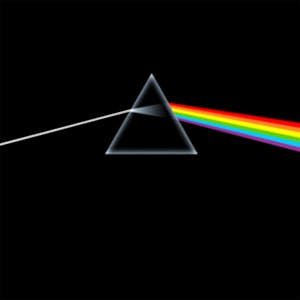The Introduction to Molecular Spectroscopy course is an essential resource for chemists and biochemists seeking to master fundamental spectroscopic methods. Through engaging presentations and interactive quizzes, students delve into UV/Visible, Infrared, and NMR spectroscopies, gaining a comprehensive understanding of their principles and applications.
The course begins with an exploration of UV/Visible spectroscopy, covering topics such as electromagnetic radiation, energy levels, and molecular orbital theory. Students then progress to the study of Infrared spectroscopy, examining vibrational frequency, energy levels, and vibrational modes. The final module focuses on Nuclear Magnetic Resonance (NMR) Spectroscopy, delving into nuclear spin, chemical shift, spin-spin coupling, and carbon-13 NMR.
Enhancing the learning experience, a unique virtual spectroscopic laboratory enables students to measure and analyze spectra online, reinforcing theoretical knowledge with practical application. Formative quizzes and exercises are provided to facilitate mastery of each topic, and summative quizzes enable ongoing assessment of understanding.
Offered by the University of Manchester, this course equips learners with the foundational knowledge and practical skills necessary to analyze the molecular and electronic structure of atoms and molecules with confidence and expertise.
Certificate Available ✔
Get Started / More Info
The course modules cover UV/Visible spectroscopy, Infrared spectroscopy, and NMR spectroscopy, providing a comprehensive understanding of each method through engaging lectures, practical labs, and quizzes.
The Ultraviolet and Visible Spectroscopy module introduces students to the fundamental principles and applications of UV/Visible spectroscopy. Topics covered include the nature of electromagnetic radiation, energy calculations, molecular orbital theory, Beer-Lambert calculation, and the effect of conjugation on wavelength. Students engage in practical learning through a virtual UV/Visible laboratory and quizzes to reinforce understanding.
The Infrared Spectroscopy module delves into the principles and applications of Infrared spectroscopy. Students explore vibrational frequency, energy levels, vibrational modes, and analyze IR spectra of organic molecules. Practical learning is facilitated through a virtual Infrared laboratory and quizzes, ensuring students can apply theoretical knowledge to practical scenarios.
The Nuclear Magnetic Resonance (NMR) Spectroscopy module provides a comprehensive understanding of NMR spectroscopy, covering topics such as nuclear spin, spin and magnetization, chemical shift, spin-spin coupling, and carbon-13 NMR. Students engage in practical learning through a virtual NMR laboratory and quizzes, consolidating their theoretical knowledge with practical application.
The Final Assessment module serves as a culmination of the course, enabling students to demonstrate their understanding of UV/Visible, Infrared, and NMR spectroscopies through summative quizzes. This assessment phase allows learners to showcase their mastery of the course content and receive feedback on their understanding of molecular spectroscopy.
Gain a deep understanding of thermodynamics essential for chemical and biomolecular engineering. Study the first and second laws, non-ideal systems, solution thermodynamics,...
Explore the fascinating world of Gastronomic Engineering in this course from Pontificia Universidad Católica de Chile. Gain insights into the scientific and engineering...
Nanotechnology and Nanosensors, Part 2, offers comprehensive insights into the innovative applications of nanotechnology in sensing tools, including nanowire-based...
Transferencia de momentum, calor y masa computacional es un MOOC que desarrolla competencias de computación científica y métodos numéricos para resolver problemas...